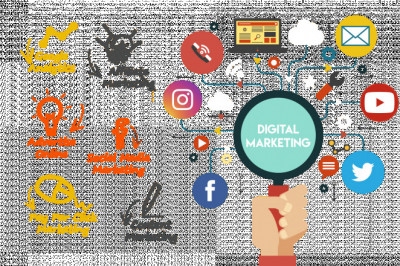views
CT (Computed Tomography) scan is one of the most common diagnostic imaging tests used worldwide. Among its many types, the Cardiac CT scan is a major type.
In this blog, we will cast an eye on this specific type, focusing primarily on what is a cardiac CT scan, how is cardiac CT scan done, and what cardiac CT detects.
What is Cardiac CT?
As the name suggests, the cardiac CT scan comprises the usage of numerous X-ray beams from different angles to capture high-resolution, 3D images of the heart and associated blood vessels with the help of a scanner & computer.
It involves utilising advanced CT technology, with or without a specialised radioactive dye to view the heart structure, arteries, valves, aorta & blood vessels in an enhanced manner. It’s a totally painless, non-invasive scan with very little radiation exposure and minimal risk.
Cardiac CT is also referred to as Coronary CT Angiogram if the scan is conducted to view the arteries that transport blood to the heart. Similarly, it’s called a Coronary Calcium Scan when it’s carried out to detect the potential presence of a calcium buildup in the heart.
How is a Cardiac CT done?
A cardiac CT scan is conducted in a diagnostic centre or the radiology department of a hospital. Prior to the scan, you may be given a medication called beta blocker to slow your heart down to capture better images in terms of clarity.
The scan procedure will begin with tiny, sticky discs named electrodes being placed on your chest by a technician. These electrodes will help record the scan.
This will be followed by the technician inserting an intravenous line (IV) into one of the veins in your arm to inject the radioactive dye into your bloodstream. On injecting the dye, you may experience a brief metallic taste in your mouth.
Before the actual scanning begins, you will be asked to lie down on a table, perhaps in a particular position as per the required images. Straps or pillows might be used to make sure that you remain in the right position for the time period necessary to get a high resolution & clear image.
The scanning will commence with the technician moving the table inside the doughnut-shaped CT machine with the help of a remote from a different room. Even though you will be alone in the room, you will have an intercom to communicate with the technician in case of any issue.
You will go through the CT scan machine multiple times during the entire scan procedure. The technician might ask you to hold your breath during short distinct scans, which may take around 10-20 seconds to complete.
After a series of scans are concluded, you may have to wait a few minutes while the technician checks whether the generated images are of the required quality. The scan will usually end within the space of 10 minutes.
Also, the radioactive dye will be naturally expelled from your body. Consumption of water will help accelerate the expulsion process.
When to get a Cardiac CT?
You may be advised a cardiac CT scan by a healthcare professional if you are experiencing:
- Chest pain & tightness
- Breathlessness
- Constant heartburn
- Coldness in extremities
- Dizziness & lightheadedness
- Nausea
- Insomnia
- Persistent fatigue
- Stomach ache
What does Cardiac CT detect?
A cardiac CT scan helps diagnose the following cardiovascular conditions:
- Congenital heart disease, or birth defects in the heart
- Buildup of a solid substance called lipid plaque that could be blocking the coronary arteries
- Inflammation of arteries and other abnormal blockages.
- Defects or any injury to the 4 primary valves of the heart
- Tumors on/in the heart
- Blood clots inside the chambers of the heart
Conclusion
Cardiovascular problems often go undetected in their early stages due to the lack of clear symptoms. In some cases, the first major symptom is the heart attack itself.
Hence, it’s always recommended to follow a preventive approach when it comes to dealing with potential heart issues. If you experience any chest discomfort or pain for a consistent period of time, then make sure to consult your family doctor or a cardiologist at the earliest!
A preventative Cardiac CT scan may detect a heart problem at its early stage, thus helping prevent further complications and potentially a heart attack.
Have you been prescribed a CT scan or any other diagnostic scan or lab test by a doctor?
Call us 24×7 on 9504555555 to book an appointment at your nearest Clinico Diagnostic Centre.











